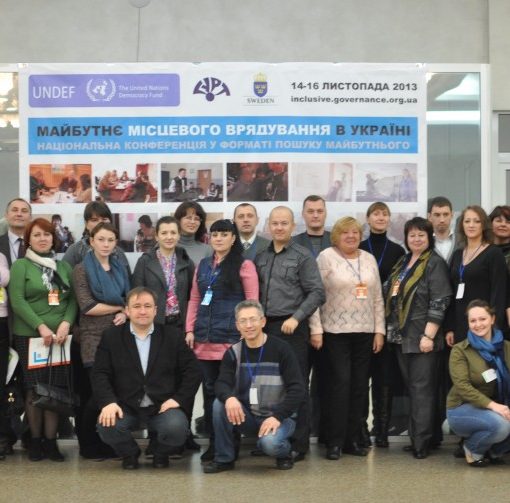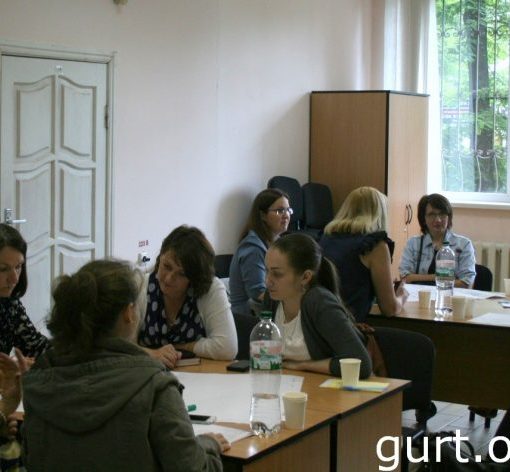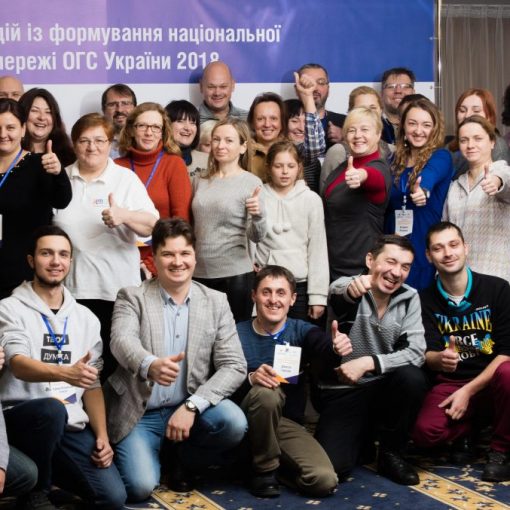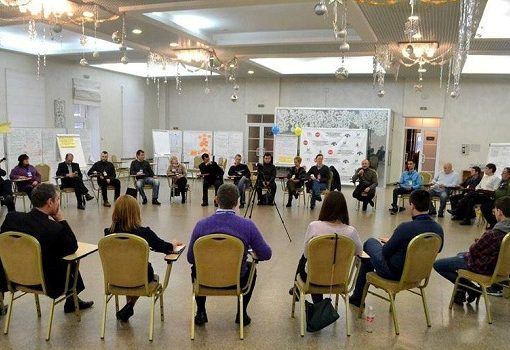GURT Resource Centеr studied the needs of the Ukrainian non-governmental organizations (NGOs) and public libraries in the information and communication technologies (ICT) during November 14-30, 2018. The study was attended by 876 organizations, including 642 NGOs and 234 public libraries.

GENERAL CHARACTERISTICS OF NGOS PARTICIPATED IN THE STUDY
Most non-governmental organizations define youth work (41%) and community development (35%) among their main areas of activity. The smallest number of respondents are engaged in the provision of grants (2%). NGO directors (60%) and managers (29%) mostly responded to the study questionnaire.
As the place of the organization registration, one-third of respondents indicated the oblast center (33%). Instead, the smallest number of NGOs – 12% – operate in the rural area.
The majority of respondents (58%) indicated that the annual budget of their organizations for 2018 did not exceed 100 thousand UAH. And only 5% of the total number of respondents noted that their budget was more than or equal to 5 million UAH. At the same time, 43% of respondents indicated that they do not use the services of an IT specialist at all.
The overwhelming majority of organizations (72%) has five or fewer computers. In general, more than 10 computers are only in 12% of the interviewed NGOs. In 2017-2018 less than a third of respondents (26%) conducted technological modernization or software updates. Despite this and the small budgets, only 36% of organizations are aware of opportunities to receive software and/or cloud services donations.

INFORMATION AND COMMUNICATION TECHNOLOGIES AND ORGANIZATION’S NEEDS
First of all, non-governmental organizations need information and communication technologies for the implementation of social marketing and/or external communications (53%), data analysis and/or processing and visualization of information (53%), and project management (52%). The least need for ICT occurs during volunteer management (17%) and other tasks (4%).
The overwhelming majority of surveyed NGOs (68%) noted that the existing ICT only partially met the organization’s current needs. At the same time, 24% noticed that they did not pay attention to what extent the existing ICT meet the organization’s current needs.
Only 4% of the total number of respondents believe that they are already using all available information and communication technologies. Among the main reasons preventing the full use of ICT, respondent organizations most often indicate a lack of financial resources (77%) and knowledge about ICT innovations (49%). More than half of the surveyed organizations (55%) plan to switch to cloud services over the next two years.

DIGITAL SECURITY
More than half of respondents (53%) are sure: the information system of their organization is protected to a certain extent. In contrast, 27% believe that it is not secure at all. Among the most common digital security issues encountered by interviewed NGOs during 2017-2018, there were incorrect settings (33%), virus attacks and/or malware (31%). At the same time, 38% indicated that during the last two years there were no problems with digital security.
Despite this, the overwhelming majority of NGOs (86%) do not have internal instructions on the rules of digital security and work with data. Only 4% of respondents indicated that their organization conducted an audit of digital security. Nevertheless, 28% of organizations have not heard about such an audit before.
Despite the lack of knowledge about existing ICTs and digital security rules, only 22% of respondents noted that their representatives attended training on digital security and information technologies.

To see the results of the study conducted by GURT Resource Center in October-November 2016, check the link.
Designer of infographics – Olexandra Mykhailutsa




